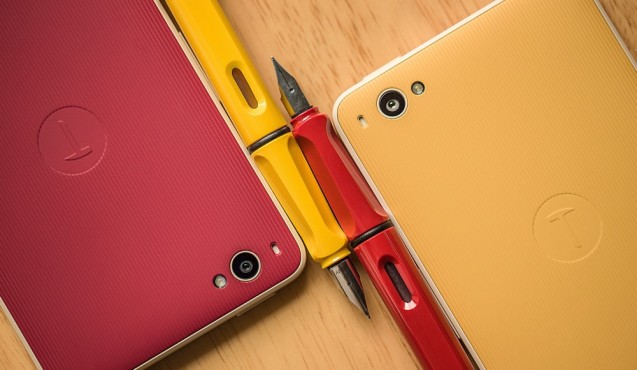7 Brilliant Interview Questions Used by the Pros

The perfect candidate is elusive – possibly even a total fiction – but that doesn’t stop us from trying to find them – which is probably why 95 percent of companies make hiring mistakes every year that cost them tens of thousands of dollars.
According to research from Brandon Hall Group, 69 percent of companies believe a flawed interview process has the biggest impact on the quality of new hires. Perhaps that is why traditional interview questions like “What are your biggest strengths?” and “Where do you see yourself in five years?” are being phased out, and creative, thought-provoking alternatives are taking their places.
But how do you know which interview questions will help you find the best candidates and avoid bad hires?
We looked to the opinions of some of today’s most successful leaders to bring you seven unique interview questions that will help you identify the best and avoid the rest:
1. “What single project or task would you consider the most significant accomplishment in your career to date?”
Recruiting expert Lou Adler believes this is the only interview question that really matters. This unique question invites the candidate to share a positive experience honestly, and it opens a world of opportunity for the interviewer to dive deeper into the candidate’s personality and experience by asking follow-up questions about the candidate’s thought process, technical skills, and results of the project.
2. “Tell me something that’s true that almost nobody agrees with you on.”
PayPal cofounder Peter Thiel always asks this question in interviews. His intention is to elicit an honest response in an uncomfortable context. Transparency is king for companies today, and this question throws that transparency right back at the candidate (in a good way).
If you are going to ask this question, we recommend telling candidates ahead of time, perhaps on your careers page or during an introductory email.
3. “Why shouldn’t I hire you?”

As Gould explained to Fast Company, “How [candidates] answer the question is just as, if not more, important than the answer itself.”
The negative context of the question forces candidates to reveal their integrity (or lack thereof), which is the cornerstone of a strong work ethic. While this can be a risky question, it underscores the importance of helping candidates self-select out of your process when they don’t quite fit.
4. “What have you done professionally that you’ve succeeded at, but isn’t an experience you’d want to repeat?”
Hubspot V.P. of Global Customer Support Michael Redbord uses this unique question to get a peek at candidates’ work values and thought processes. The point of this question is to elicit an emotional response from the candidate, but also give them the chance to explain the logic behind their feelings.
As the candidate answers this question, you should be looking for any red flags in their answer that suggest a poor work ethic or bad attitude.
5. “Tell me about a time when you almost gave up, how you felt about that, and what you did instead of giving up?”
CEO of Sonatype Wayne Jackson uses this interview question to learn more about the things candidates do outside of work. Wayne also uses it to gauge whether they have the drive it takes to fit into the company culture and their ability to overcome challenges.
What makes this question even more unique is its ability to get the candidate to open up about a negative experience and follow it up with a (hopefully) positive outcome.
6. “What makes you get out of bed in the morning?”

7. “What’s your story?”
Managing Partner Richard Funess of Finn Partners asks this question to gauge a candidate’s comfort level with difficulty.
“If they act defensive, look uncomfortable, and pause longer than a few seconds, it tells me they probably take things too literally and are not broad thinkers,” Funess explained to Jeff Haden of Inc.
The question also gives the candidate a chance to market their abilities and background in a way that is creative and engaging.
–
It’s a competitive talent market out there, but that doesn’t mean hiring managers should stop asking the tough questions. No matter how difficult it gets to find talent, you want the kind of candidates who invite challenge – which will show in how they respond to questions like the seven presented above.
A version of this article originally appeared on the Reviewsnap blog.
Chris Arringdale is the cofounder and president of Reviewsnap.

